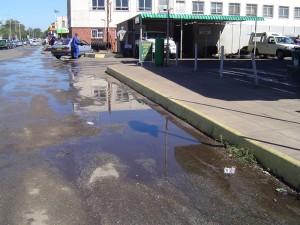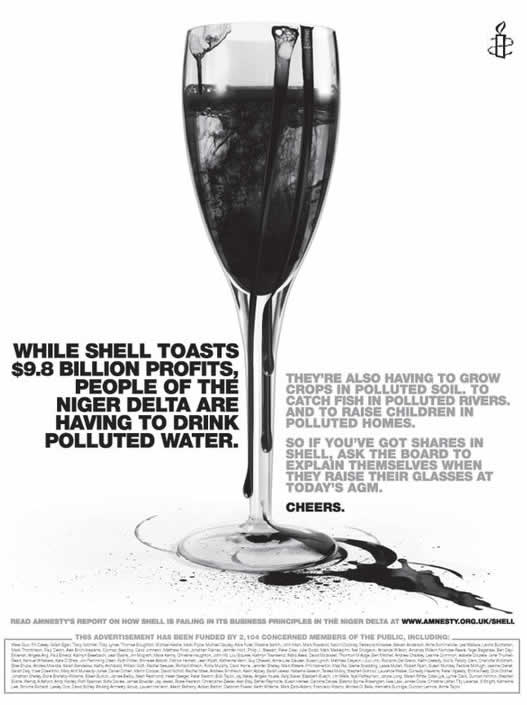Power over ourselves
Tuesday, June 8th, 2010 by Delta NdouOne of my favourite feminist quotes comes from Mary Wollstonecroft and it says “I do not wish them (women) to have power over men but over themselves” because I believe that is the essence of women empowerment.
I never resonate with the preoccupations of some activists with ‘demanding’ that men create spaces for women in politics, in education etc… the whole idea of creating quota systems sits rather uncomfortably with me.
For what a man gives to a woman, he has the power to withhold at some point and there is no empowerment derived from being ‘given’ – empowerment only comes with what one achieves, attains and realizes from their own efforts.
I don’t doubt women’s capabilities, potentials and talents – I don’t think they need men to ‘liberate’ them – I think they can pretty much liberate themselves – if they acquire education, work their way to the top, begin to actively participate in the highest echelons of decision-making, policy-formulation and governance.
In 2007, when I was at the University of Zimbabwe, we were witnesses to the first ever female candidate to run for the powerful (and often violently contested) post of Secretary General of the Students’ Executive Council, Maureen Kademaunga.
She won the elections in that year because she managed to galvanize the female students into one cohesive, critical mass of voters and became the most powerful student in the country at the time because student activism was very robust, radical and influential.
I have come to believe that what women need is to have power over themselves and that power manifests in overturning the status quo whenever it is employed to oppress, marginalize or discriminate against us.
Recently there was a landmark passport ruling by a Supreme Court Justice Rita Makarau ruled in favour of Margret Dongo who, two years after filing a constitutional challenge (seeking the, nullification of certain provisions of the Guardianship of Minors Act, which she claimed were discriminatory against married women who were not regarded as natural guardians of their children) finally triumphed.
I want to believe that having a female Justice presiding over the case had a lot to do with the verdict; I want to believe having a determined woman who knows her rights had a lot to do with Margeret Dongo daring to challenge the status quo.
I want to believe that the results of that ruling, which will impact favourably on married women were wrought through the actions of fellow women and that no man played a part in ridding us of that cumbersome piece of discriminatory legislation. I want to believe that these are just examples of women exercising power (not over men) but over themselves, over their lives and ultimately over the system of patriarchy that informs the conditions of their oppression, marginality and discrimination.
So, I too, wish that we as women, may choose to have power over ourselves, choose to exercise that power and choose to liberate and empower ourselves.












